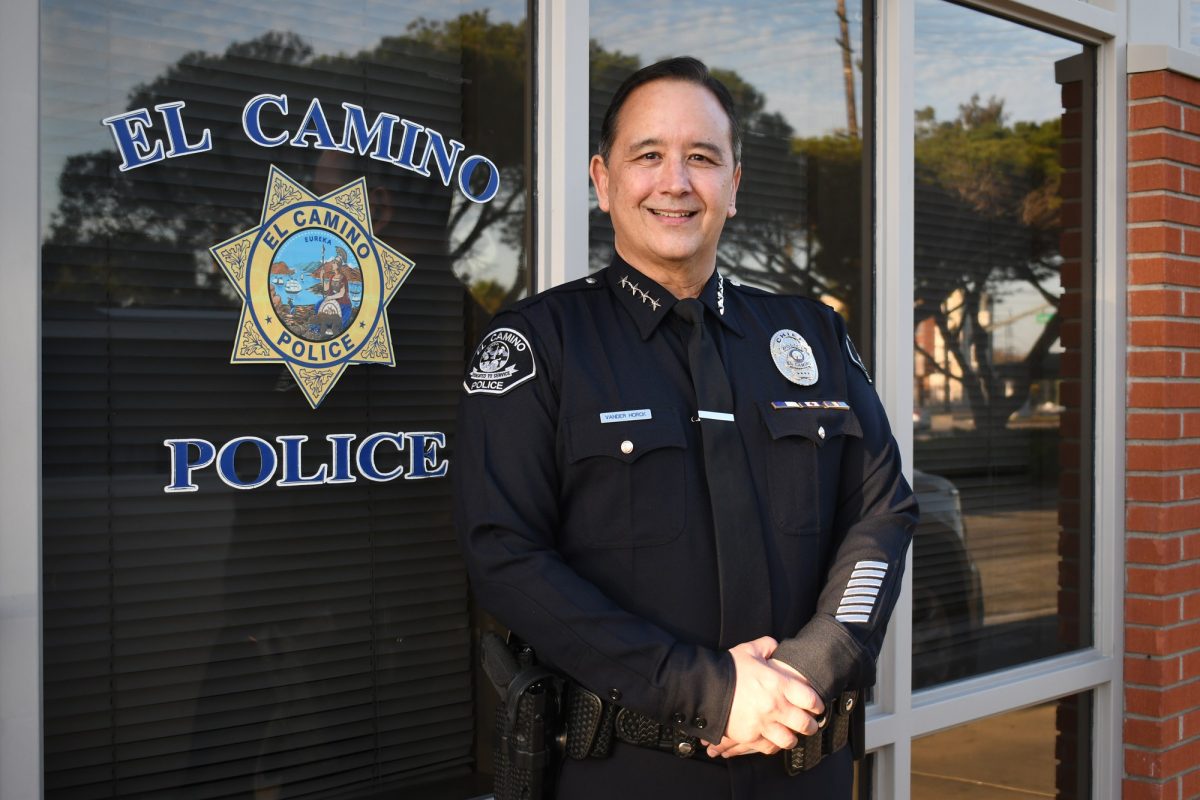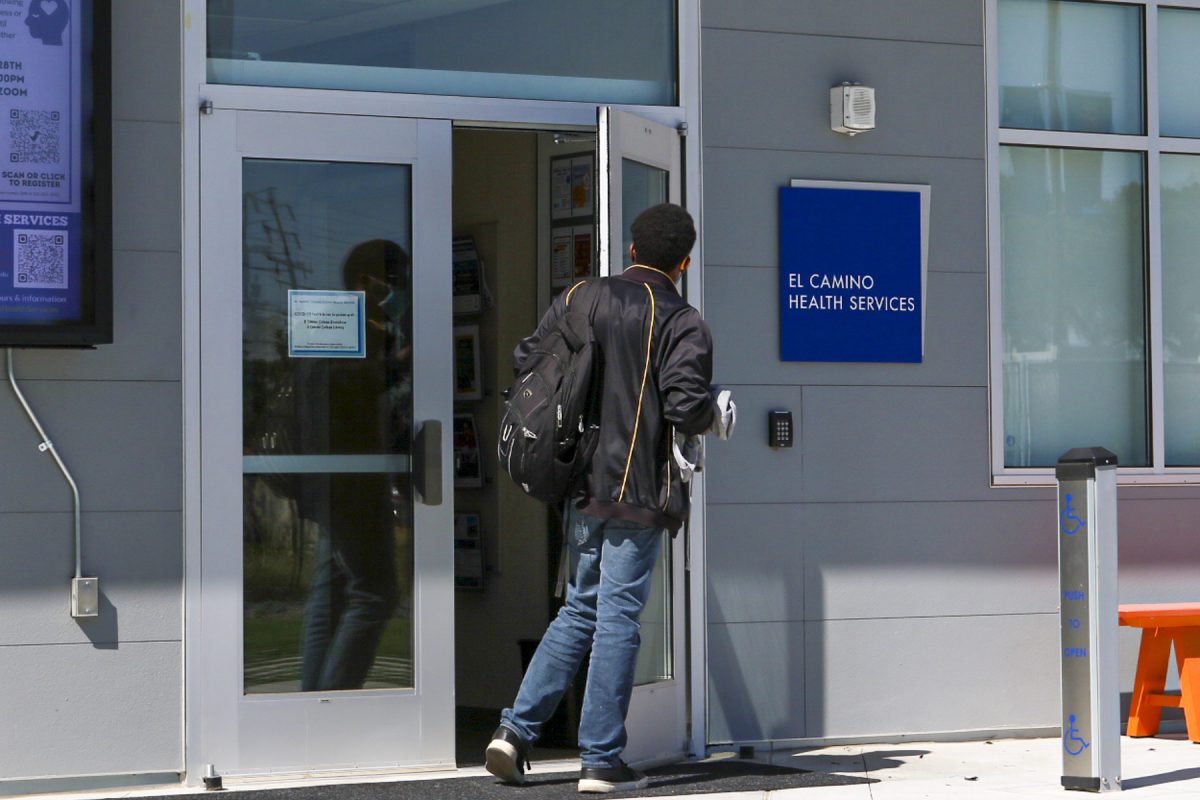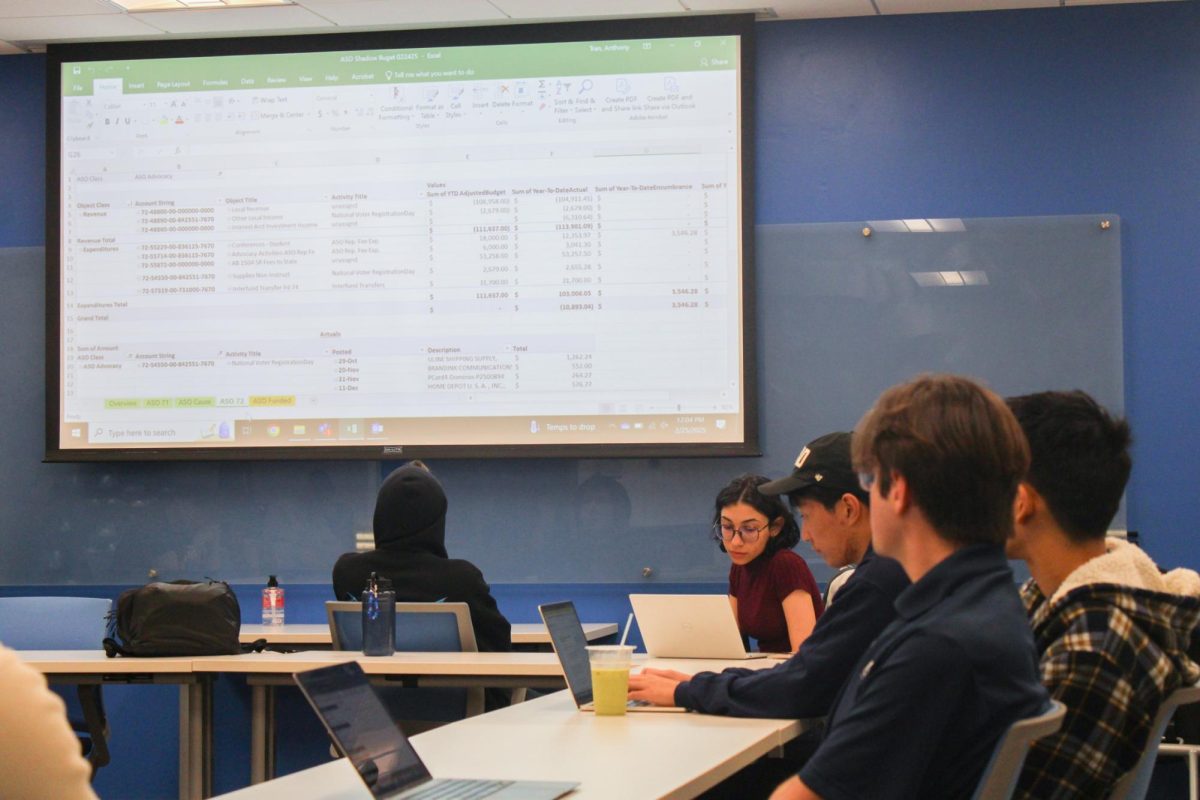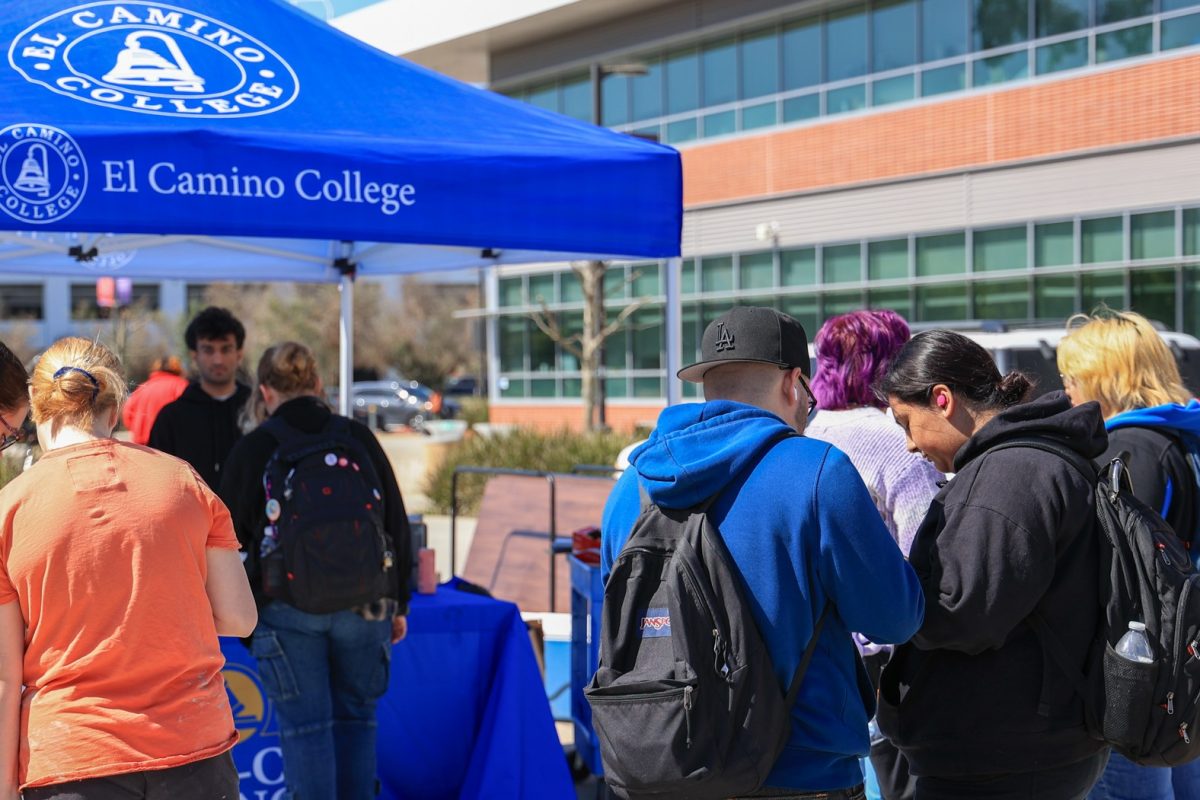Don’t empty your piggy banks just yet; your pockets may still have time.
Selected Associated Student Organization (ASO) members’ voices filled the halls of the house of legislators in Sacramento last Tuesday urging them to hear their claims.
“I think we provided them with enough information so that they would know the huge impact if the fees (per unit) go up to thirty-three dollars,” Phillip Gomez, ASO president, said.
The group’s main priority was to make the legislators aware of the fact that textbooks are costing more than actual tuition.
“The main point for us is, ‘Why are we going to let a simple book be a barrier on a proper education?'” Gomez said.
As a result of the lobbying, Sen. Debra Bowen and staff planned to meet with publishers to create some type of plan to decrease the costs.
“We will meet with staff to see what we can work out. We will prove our point,” Gomez said.
Equalization funding is the idea that for each full-time enrolled student, the college will receive an amount of money to pay for more faculty and course sections.
Among community colleges, the funding ranges from $3,500 to $8,200 per student.
“There is a large range and we wanted to bring that closer together toward the median. El Camino can benefit from that greatly and students will benefit from it,” Bryce Matson, student trustee, said.
Students also lobbied to have legislators fully fund Proposition 98.
Under Proposition 98, community colleges should receive 11 percent of funding; but historically, they have never received higher than 9 percent.
“The community college system has lost billions of dollars and students should be outraged. Not only have we been losing, but they have been increasing fees on us. So students are getting a raw deal and they need to know about it,” Matson said.
Only now is Gov. Arnold Schwarzenegger proposing to raise the amount to 10.3 percent.
“If we can fund proposition ninety-eight, a lot of the community college ailments can be solved,” Matson said.
Since funding for the Health Center was cut, members lobbied for legislators to pass a law allowing the Center to charge students a small fee or have legislators begin funding the program again.
“We don’t want to see fees go up for any students, but at the same time, we would like to see the Health Center stay open. For a lot of students, it is the only form of health care,” Matson said.
Overall, the trip proved to be beneficial for the students and the college.
“Our emphasis was to prove that if our fees go up, the number of students who want to transfer will decrease, the number of students who want to enroll will decrease and we showed them with data,” Gomez said.







